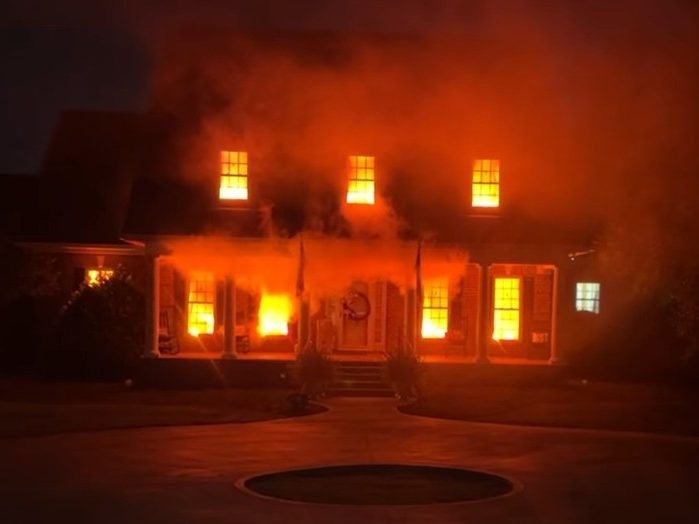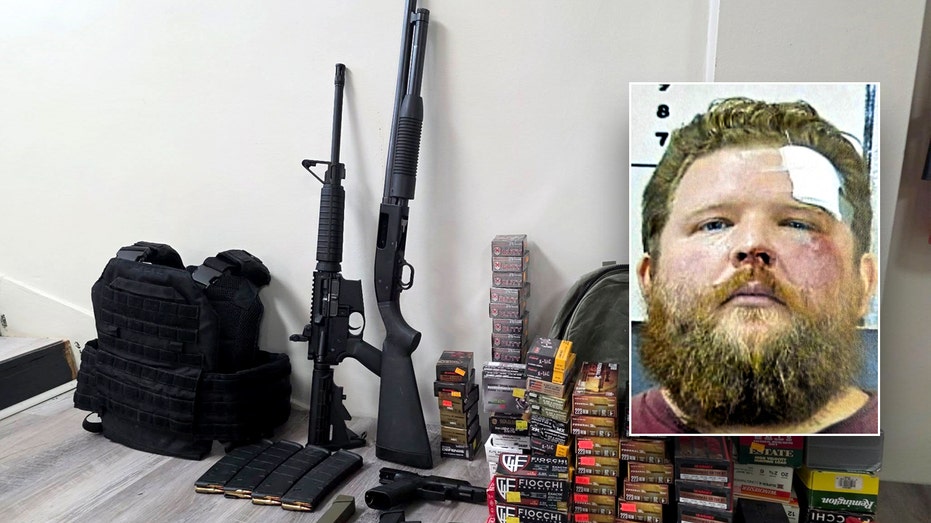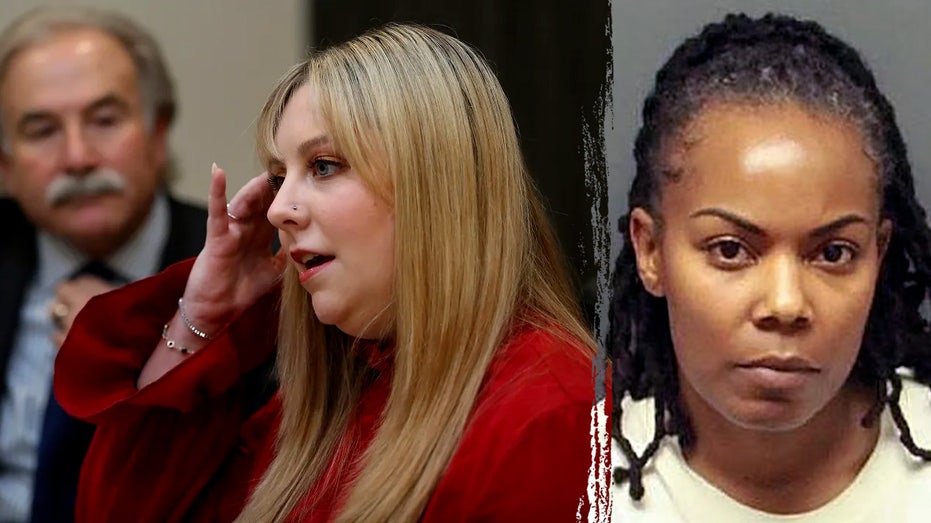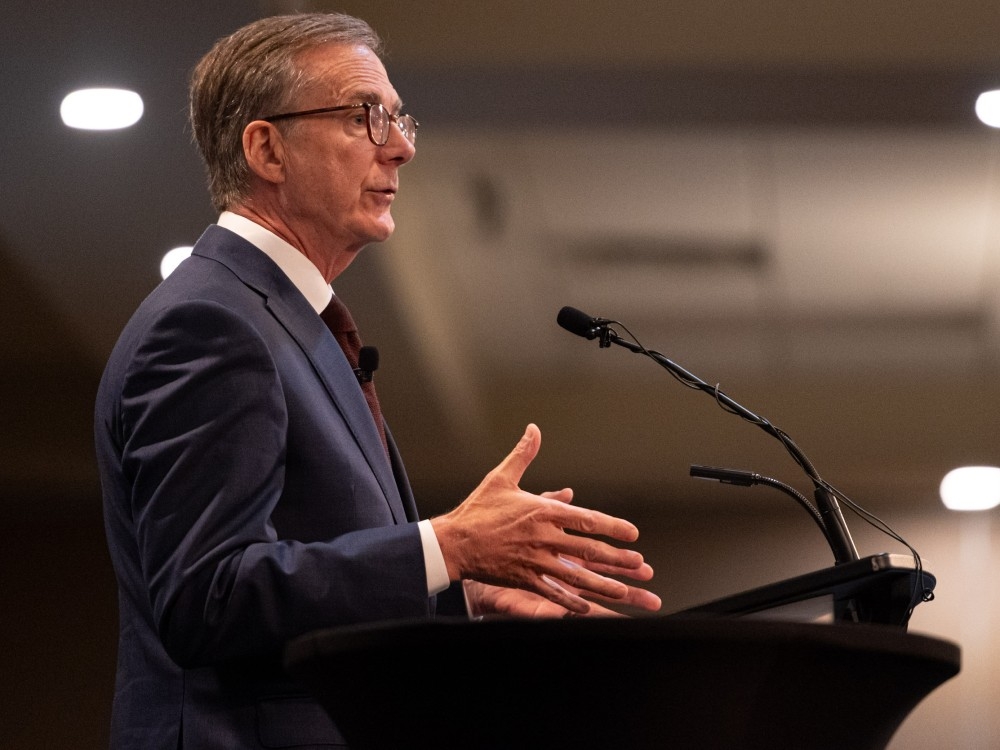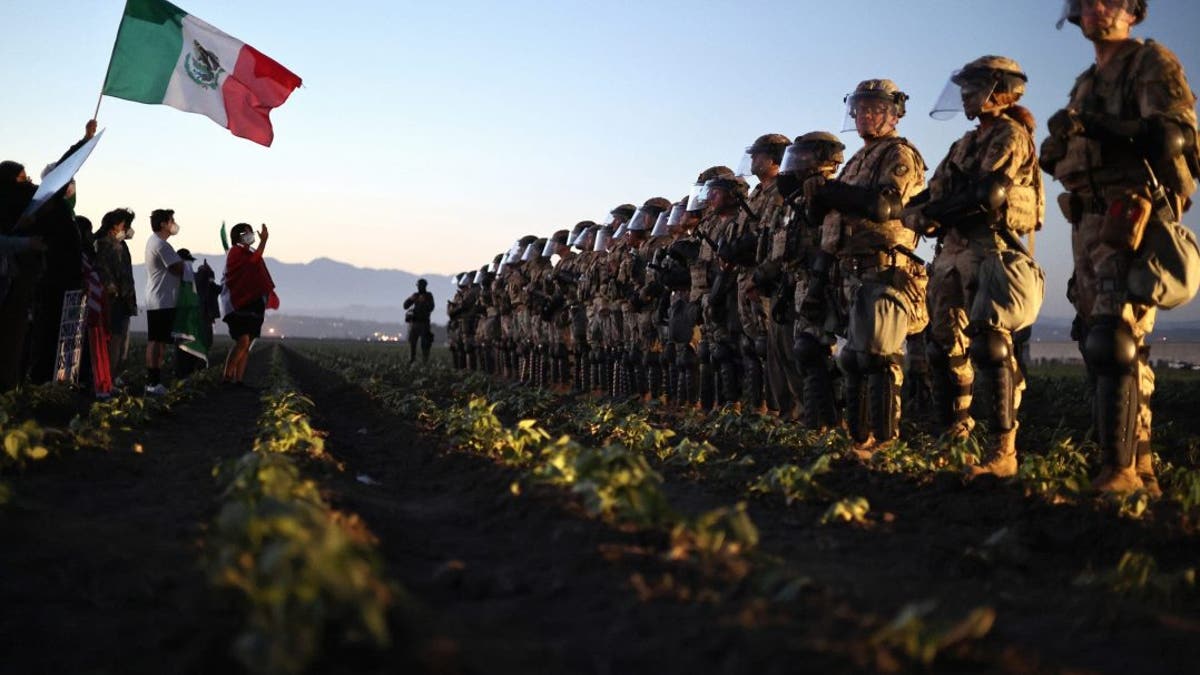A gilded paradox unfolded in South Korea today as U.S. President Donald Trump received a replica of an ancient golden crown – a gesture occurring less than two weeks after widespread protests within his own nation decried perceived authoritarian tendencies. The “No Kings” demonstrations, spanning all fifty states, voiced deep-seated anxieties over immigration policies, federal deployments, and a host of other contentious issues.
The presentation of the ‘Grand Order of Mugunghwa,’ South Korea’s highest decoration, followed Trump’s arrival on the final leg of an Asian tour. President Lee Jae Myung bestowed the honor, citing Trump’s role as a “peacemaker” on the Korean peninsula. Trump, visibly pleased, immediately expressed a desire to wear the glittering award.

The crown itself is a meticulous reproduction of the Cheonmachong crown, discovered in a Gyeongju tomb. The original boasts towering gold prongs and delicate, dangling leaf shapes – a symbol of ancient Korean royalty. Its offering feels particularly poignant given the recent domestic unrest questioning the very notion of leadership resembling kingship.
Meanwhile, a stark contrast played out across the Demilitarized Zone. North Korea announced successful cruise missile tests, a brazen display of escalating military capabilities. This occurred as Trump reiterated his willingness to meet with Kim Jong Un, acknowledging the challenges in coordinating such a summit.

“I know Kim Jong Un very well. We get along very well,” Trump stated during his meeting with President Lee, yet admitted timing remained elusive. He later downplayed the significance of the missile tests, noting North Korea’s decades-long history of such launches.
South Korean and U.S. Joint Chiefs of Staff are analyzing the weapons, emphasizing a combined defense readiness prepared for a “dominant response” to any North Korean provocation. Pyongyang’s recent actions, including tests of a new hypersonic system, aim to bolster its nuclear deterrent.
North Korea remains largely unresponsive to Trump’s overtures, having abandoned diplomatic talks with both Washington and Seoul since the breakdown of high-stakes negotiations in 2019. Experts suggest substantial U.S. concessions, particularly sanctions relief, would be required to entice Pyongyang back to the table. However, others believe Trump’s persistent outreach may prove difficult for Kim to ignore, fearing diminished attention from the U.S. President.

